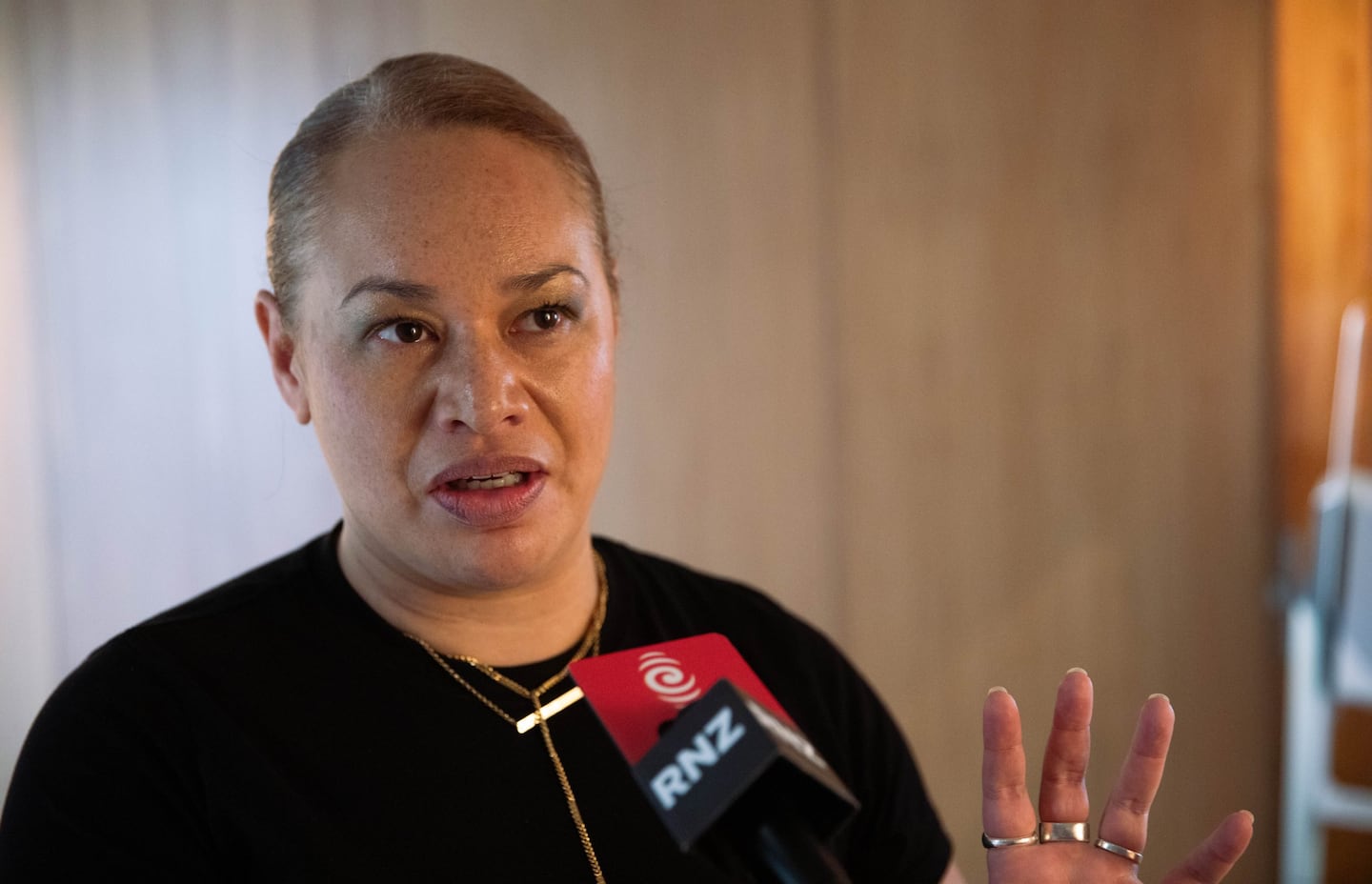Wahine toa Tory Whanau admits she didn’t keep herself safe during her “bad” year, but now she’s making self care a priority and hoping to inspire others.
As the mayor of Wellington, the public saw her personal challenges play out in 2023, she said.
“Last year was a bad year, and I wasn’t keeping myself safe.”
But in the last month, she said she has discovered self care and regained her sense of purpose.
“In the past four weeks, I’ve probably increased the number of events that I speak at, attend by three times, to make sure that I’m talking to as many people as possible.
“That gives me energy, it gives me life, it reminds me why I’m doing this.”
Whanau attended the Festival for the Future, where more than 700 young people gathered in Wellington to hear about leadership and innovation last month.
“The enjoyment that I got out of that made me go, ‘oh, I need to be going to more of this’. It was such an incredible event and I’d come out of my dark haze,” she said.
“Just seeing what they cared about, what they were passionate about, the sort of future that they wanted, the vision that they had … I’ve got to get back to the people and let them know, I’m here to listen, but I have your back. It’s going to be okay but we need to stick together.”
As a Māori woman in local government and in a leadership role, Whanau echoes resilience and perseverance.
“If we don’t keep fighting for our place and fighting for representation, it’ll just get worse and worse over time.
“It’s been really hard and unpleasant, and I have said publicly that I’ve been through a bout of depression as a result of how hard it was, but that’s just the price you have to pay for now, to ensure that we’re opening the spaces for other people.”
Although it was a sacrifice, she said it would get better in time.
“It’s actually up to leaders like myself to create a better pathway for those behind us.
“Women, wahine toa, have done it for me. There are other politicians like Jacinda Ardern, Metiria Turei, Marama Davidson, who have had it way tougher than m, but, because of them, I can do it.”
Whanau, the first Wellington mayor of Māori descent, said local and central governments were incredibly colonised structures, set up to suit Pākehā.
“This is why we need Māori wards [on councils], we need Māori representation.
“But, also, local government needs to go to local marae, needs to go to the local communities instead of expecting everyone to come to us and vote.
“They’re not going to do that if we’re not giving them or showing them that we’re willing to engage in their cultural norms.”
Whanau said it was incredibly important to let people know anyone could be at the table for local or central government decisions.
“They need to see themselves in these roles as well. That was one of my main drivers for actually becoming a political leader,” she said.
“I failed my final year of school but got into university through other means. I failed politics but I still got into politics.”
People from diverse backgrounds would face barriers when going into these roles, she added.
“But I’m here to say it is 100% possible and necessary to ensure that we actually do have diverse representation to create the best outcomes for our people.”
It’s not just about getting involved in local and central politics - but also by turning out to vote.
Whanau urged people from communities with lower voter turnout, such as the Pasifika community, to make their voices count.
“This is why local government is hard. This is why central government is unpleasant, because we’re not voting.
“It’s the privileged, it’s the elite, it’s those who already have everything. They are going out and voting, and that’s when things don’t change.
“What I love about Wellington is that we are progressive voters. So we have bucked the trend of the country, and I’m very proud of that. Greens and Labour rate very highly at Wellington, so it’s possible.”


